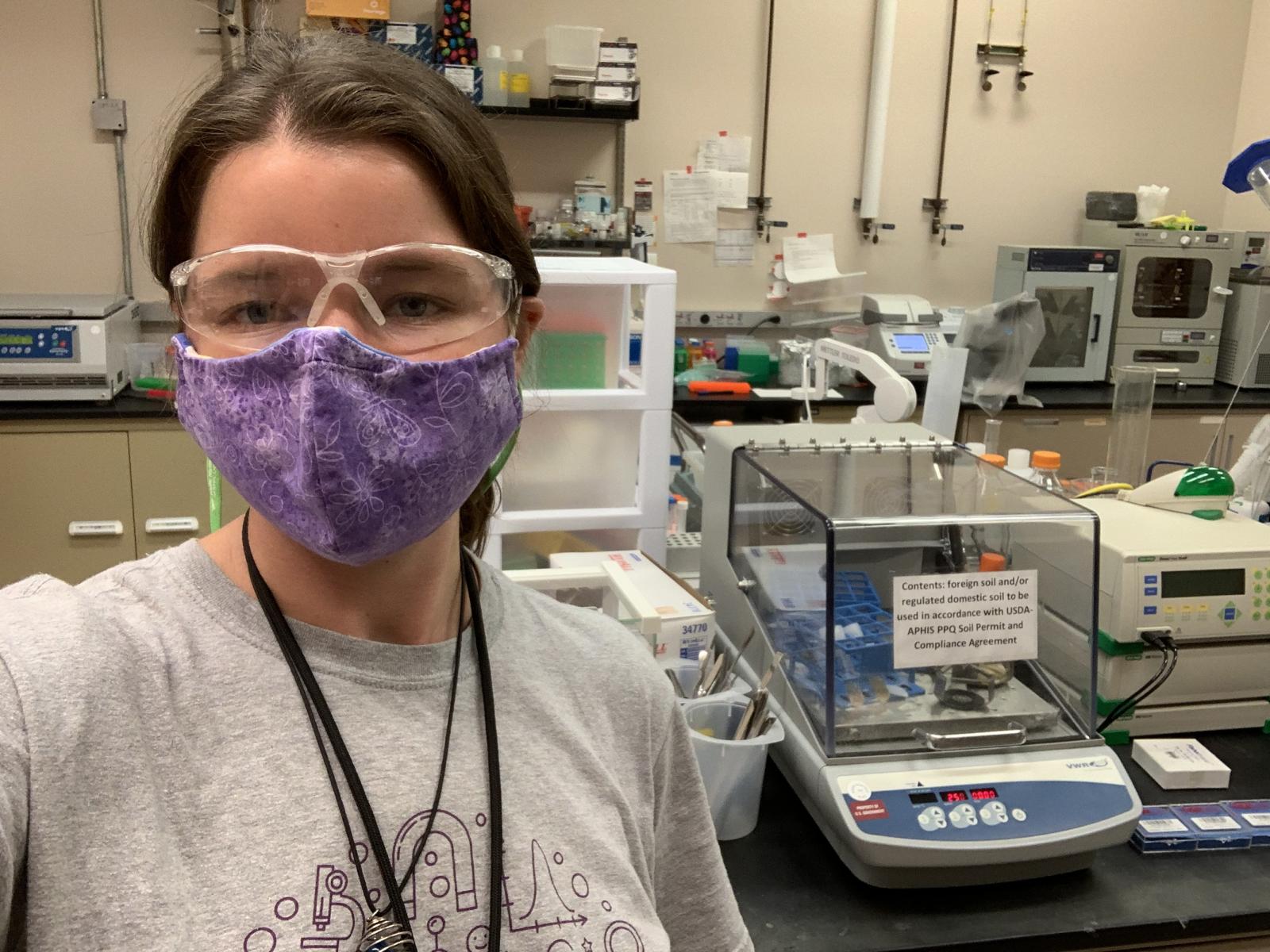PNNL's Virtual Summer Interns Make Real Scientific Contributions Despite Pandemic

Eva Ottum, an intern at PNNL, recently returned to her lab work to advance biofuels. PNNL created a virtual internship program that allowed her and her fellow interns and post-graduate research associates to contribute to PNNL's research and development and collaborate with PNNL mentors while working from home due to COVID-19 restrictions.
Published: August 24, 2020
